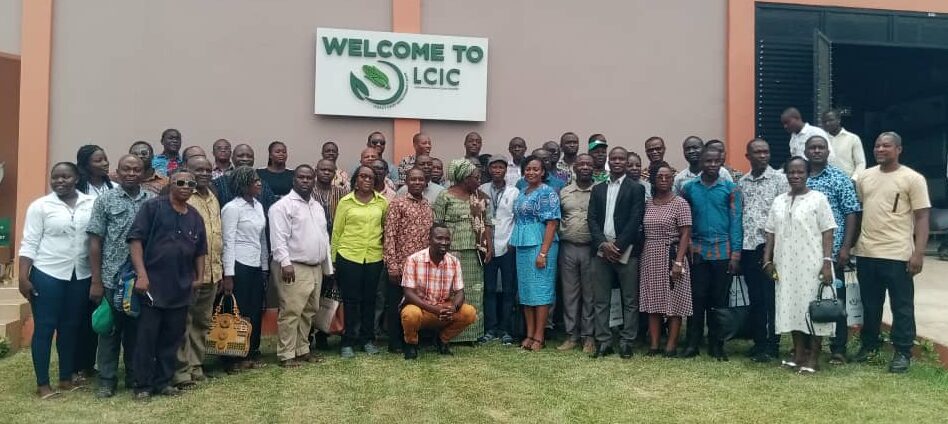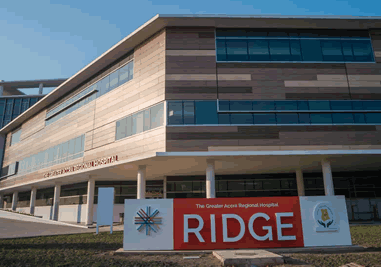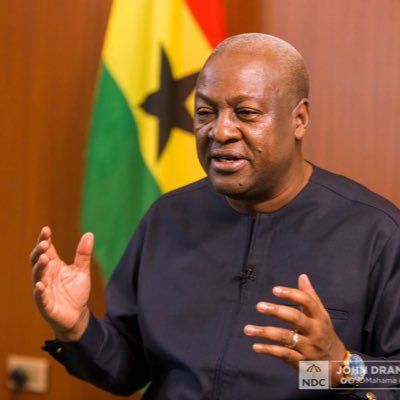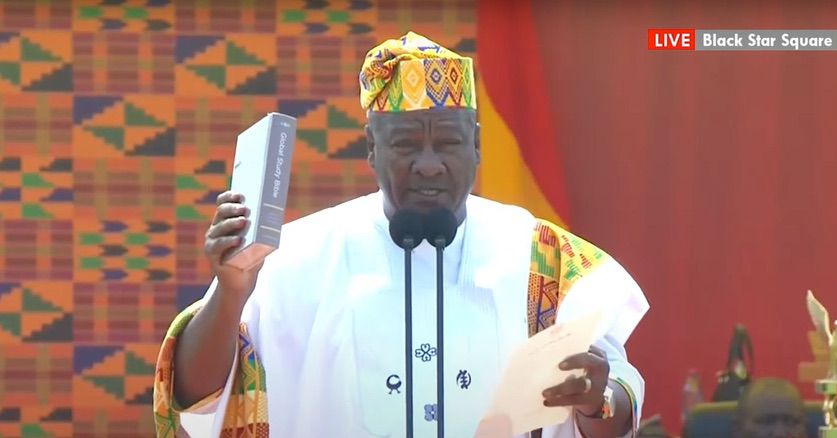

 The Rare Disease Ghana Initiative has officially launched its Ghana Rare Disease Family Network (GRDFN) with a call on families to have a bigger voice for support within the health delivery system.
The Rare Disease Ghana Initiative has officially launched its Ghana Rare Disease Family Network (GRDFN) with a call on families to have a bigger voice for support within the health delivery system.
Mr Samuel Agyei Wiafe, a Clinical Psychologist and the Executive Director of the Rare Disease Ghana Initiative (RDGI) made the call in an interview with journalists when the organisation organised its maiden ‘Rare Family Meetup’ 2022, at the University of Ghana Guest Centre in Accra.
It is an annual meeting and capacity building for rare disease advocates, patients and caregivers in Ghana, which afford families to interact and share experiences in their rare disease journey.
Mr Wiafe said diseases have been neglected in the health system and there was no much effort being made to support victims and their families hence the establishment of the RDGI five years ago and through that many families who live with patients with various forms of diseases have been found.
He stated that finding the patients and the families were not enough but rather there was the need for tangible support, which the Family Network as a community would focus on to get closer and provide assistance.
“It is because individually each disease feels lonely. There are certain diseases that only has one case or one patient in a whole country. And so, the chances of being connected is very slim. Many a time the patients are left in their homes or abandoned.
“So, we have formed the Network to provide that sense of community to be able to provide emotional support and provide a big voice for the rare disease community for people to begin to understand that the diseases exist in the country and the need to be considered as we plan and prioritise our healthcare and social systems in the country,” he stated.
On data, Mr Wiafe said the organisation recorded close to hundred different rare diseases and “I must say for the records that there are about 7,000 rare diseases known globally, but we have found about hundred in Ghana, and we believe there are more in the country.
He said for many rare diseases there were no approved treatment; many of them that are making heads way it was in research and development; they are now learning about the diseases and trying to find out how they could find treatment.
In total only five per cent of rare diseases have treatment so 95 per cent do not have treatment and for those that have treatment many of them could not access it in our part of the world; the treatment is only available in the West.
“As a country we do not have a definition for rare disease that would trigger policies and interventions in the space. And so, because of that it is difficult to even have that engagement or conversation regarding the disease on the National Health Insurance Scheme,” he stated.
He said: “We have seen the National Health Policy; we have seen that it is inclusive; we are hoping that it will continue to include and have room for persons living with rare diseases. Also, part of the policy has items targeting sustainable financing and so we are hoping to engage with government to map out what possible avenue we could get funding for rare disease care.”
“One of the dreams as an organisation we are hoping to have a National Dedicated Fund just as we have the COVID-19 fund that would be dedicated to rare disease care because if it is mixed up it can get lost or it can be diverted to other things,” he stressed.
The Director stated: “For us we will continue to elevate the patients’ voice to demonstrate that there are rare diseases and for people to understand their unique challenges. We will help to reduce the stigma of rare diseases in the community.
“This will help the patients and their families to live their free life to be able to bring their children out and not feel stigmatized. Because many of the diseases that are coming are genetic and so if we are stigmatizing it can be a very messy.”
Mr Wiafe appealed to on policy makers to continue to engage with the organisation when they call on them so that they work together to find solution to rare diseases in the country.
Source: GNA
The post Rare diseases need support in Ghana’s health delivery system – Director appeared first on Ghana Business News.
Read Full Story



















Facebook
Twitter
Pinterest
Instagram
Google+
YouTube
LinkedIn
RSS